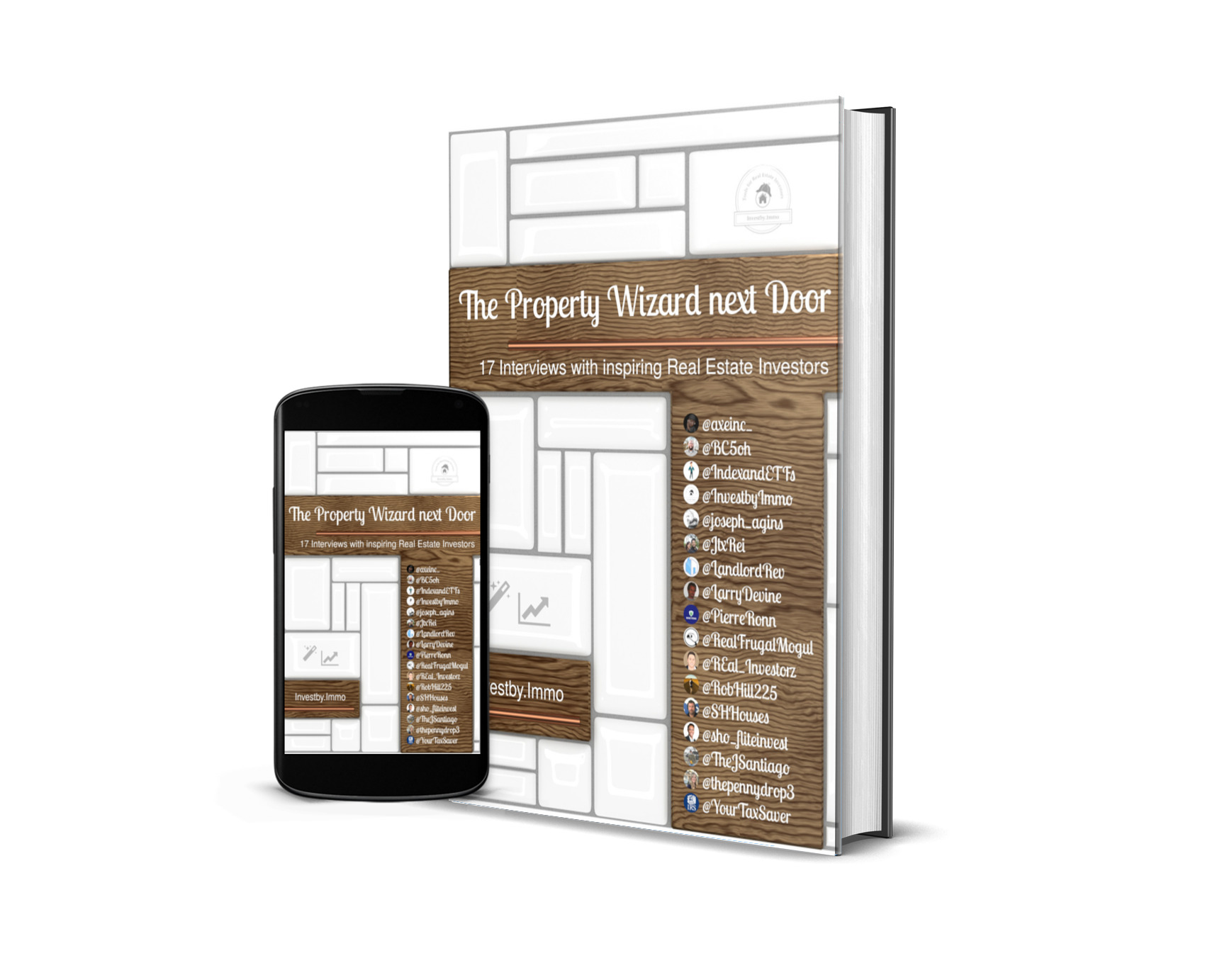Usually, you intent to make an investment to accumulate your residual income,
and increase your net wealth.
Property investments basically provide you with two options to build wealth:
- with a positive cash flow
- and/or the property value appreciation.
A positive cash flow (earnings > expenses) in a property investment means that
you have a regular residual income from the moment you buy and rent your property.
Immediately, your cash position in your bank account increases. Therefore, instead of having to
speculate into the future, you calculate the earnings of your property in the present.
You might even profit from compound interest by reinvesting your positive cash flow into
further properties or assets. In any case, a positive cash flow is always a reasonable
residual income stream to build wealth.
On the other hand, property value appreciation is always a speculation into the future
and the appreciation might or might not happen. If your property value increases, however,
you initially gain paper profits (the difference between purchase price and market price),
since no cash has flown into your pocket.
Only if you sell your property with profit, you convert the paper profit to earnings and
cash flows into your pocket. However, if the value of your property drops below your
overall investment expenses and you sell, then cash flows out of your pocket.
In principle, property value appreciation concerns every property investor. However,
it is not uncommon that a real estate property is a lifetime investment,
which is passed on to the next generation.



